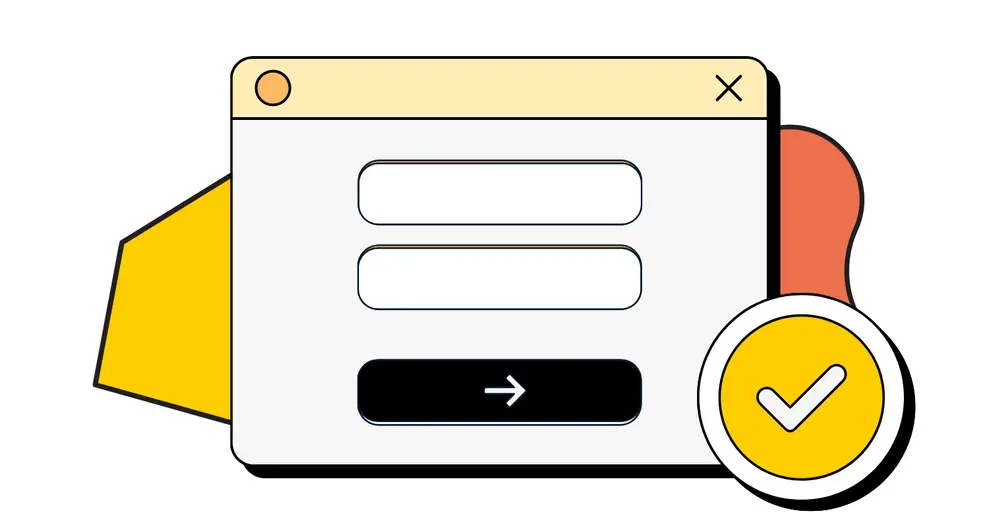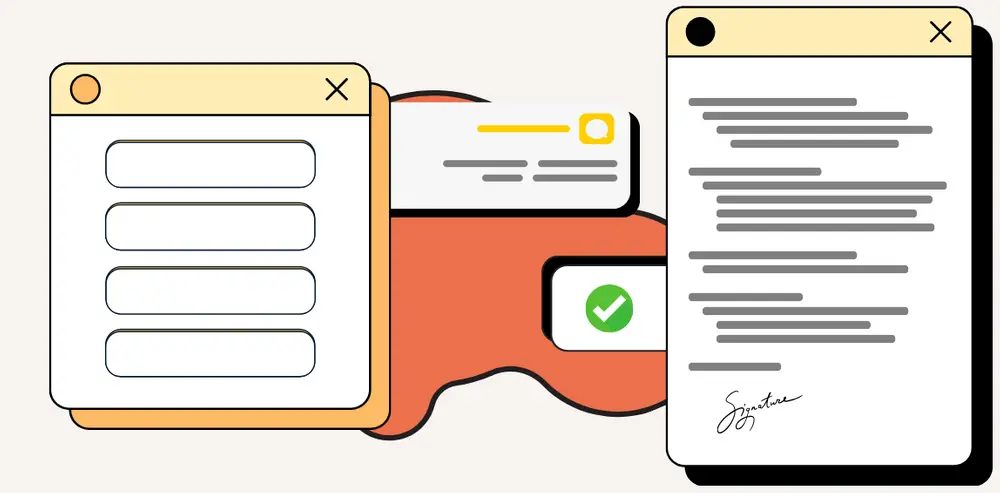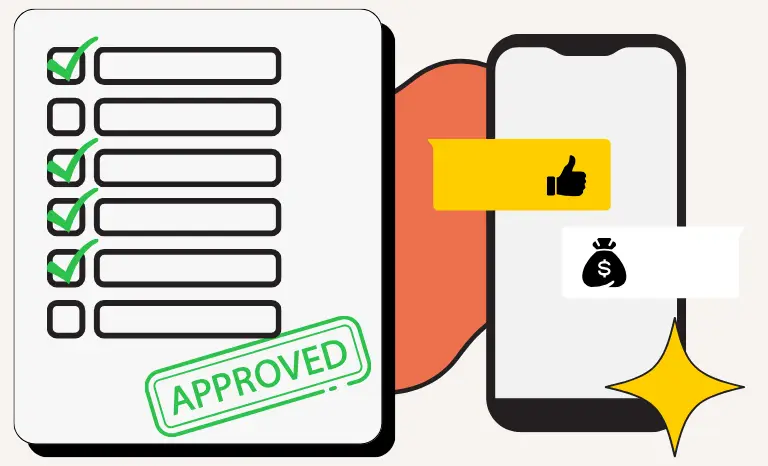
Empowering Your Business Growth

Need funding to grow your business or boost your personal finances? Unlock your potential with tailored financial solutions for business owners, entrepreneurs, coaches, and investors looking to start their business journey.
Empowering Your Business Growth
Need funding to grow your business or boost your personal finances? Unlock your potential with tailored financial solutions for business owners, entrepreneurs, coaches, and investors looking to start their business journey.

Our Services
We specialize in personal and business funding with more than 30
different funding programs to choose from.

Business Line of Credit
Leverage a revolving line of credit and only pay for what you need. Access funds at your pace, as per your business needs.

0% Interest Financing
Launch your business with the confidence of multiple 0% accounts. Enjoy cash accessibility with revolving credit at a 0% interest rate.

Asset Based Lending
Unlock the power of your company's assets. Convert your inventory, equipment, or receivables into the funds you need to grow and sustain your business operations.

Long Term Business Loans
Experience the reassurance of a traditional process with lower payments spread over a longer term. We're here to help make your financial planning manageable and effective.

Revenue Based Financing
Obtain financing based on your company's revenue, suitable for businesses with fluctuating income.

Personal Loans
Secure a five-year personal loan to manage your credit card balances, enhance your score, and qualify for 0% funding. Tailor the way to your financial goals.
Our Services
We specialize in personal and business funding with more than 30
different funding programs to choose from.



Business Line of Credit
0% Interest Financing
Asset Based Lending
Leverage a revolving line of credit and only pay for what you need. Access funds at your pace, as per your business needs.
Launch your business with the confidence of multiple 0% accounts. Enjoy cash accessibility with revolving credit at a 0% interest rate.
Unlock the power of your company's assets. Convert your inventory, equipment, or receivables into the funds you need to grow and sustain your business operations.



Long Term Business Loans
Revenue Based Financing
Personal Loans
Experience the reassurance of a traditional process with lower payments spread over a longer term. We're here to help make your financial planning manageable and effective.
Obtain financing based on your company's revenue, suitable for businesses with fluctuating income.
Secure a five-year personal loan to manage your credit card balances, enhance your score, and qualify for 0% funding. Tailor the way to your financial goals.
















A Better Funding Experience
Supporting new and existing businesses in achieving their financial goals.

Complete The Funding Inquiry Form
Fill out our brief inquiry form to share details about your business needs.
Our team will review your submission and respond within 24 hours.

Digital Onboarding Through Our Partner
If you qualify, embark on our seamless digital onboarding process, developed in partnership with Impruvu.
This step ensures we tailor our services to your specific business requirements.

Explore Your Best Opportunities
Engage in a detailed discussion about the most advantageous funding options for your business.
Our experts will guide you through every step to initiate the funding process effectively.

Complete The Funding Inquiry Form
Fill out our brief inquiry form to share details about your business needs.
Our team will review your submission and respond within 24 hours.


Digital Onboarding Through Our Partner
If you qualify, embark on our seamless digital onboarding process, developed in partnership with Impruvu.
This step ensures we tailor our services to your specific business requirements.



Explore Your Best Opportunities
Engage in a detailed discussion about the most advantageous funding options for your business.
Our experts will guide you through every step to initiate the funding process effectively.
Maximize Your Financial Strategy With Expert Guidance
Business Accelerator is an all-inclusive financial program designed to propel your business forward. Whether you're just starting out or looking to expand, we offer a comprehensive solution that covers every aspect of business funding and financial education.
Minimum funding of $50,000
Personalized plan to optimize your Funding
Personalized assistance from a dedicated Funding Advisor
Leverage our relationships and resources for success


Ask your advisor how you can learn to fund your business yourself.
With Money Mastery you'll learn how to fix & scale your credit, secure all the funding you’ll ever need, invest & create income/wealth, no matter what situation you are currently in. We'll guide you through the processes of the financial elite and teach you the exact strategies we use for ourselves and our clients to elevate their finances and secure funding.
How to get $150,000+ in 0% interest business funding
How to use that funding to create income
Completely overhaul your finances, no matter what situation you are in
Real Stories, Real Success: Discover How Our Clients Transformed Their Financial Futures
"Corey was by far one of the best people I’ve had the pleasure of working with. His attention to detail, genuine care for clients and knowledge of the financial industry is unmatched. I would gladly recommend Impruvu to anyone seeking funds."

Griffen
Funded $81k

"Trey made this process absolutely seamless and was there to support me every single step of the way. I needed money to invest and grow my business and I am so happy I chose to work with Trey!"

Giavanna
Funded $49k

"Kenan made getting funding for my business expansion soooo easy! I would highly recommend using them if you are ready to launch your business or expand it like me! Ask for Kenan, he was a super cool guy!"

Brittni
Funded $111k

Frequently Asked Questions
Everything you need to know.
How long does it take to get a loan approved?
Loan approval times can vary depending on the type of loan, the completeness of your application, and other factors. Generally, you can expect a decision within 1-5 business days after we receive all necessary documentation.
What documents do I need to provide?
Usually, you’ll need proof of identity, proof of income, and financial statements. Depending on the type of loan, other documentation may be required. Your advisor can discuss this further with you.
I don't have a business, can I still get funding?
Yes. We will walk you through how to properly setup a business, and then begin the business funding process.
Can I secure funding with just an EIN?
Yes, but to secure higher limits and 0% interest terms, you will need to have a solid credit profile, 680+ to start.
Is my personal information secure?
Absolutely. We use the latest encryption technology to ensure that all your personal and financial information is safe and secure.
How much funding can I secure?
Any amount you qualify for, Results may vary depending on the client profile. Impruvu does not guarantee an exact amount for the total amount funded. In most cases for startup funding, eligible clients receive between $50,000 and $150,000 in their first round of funding and up to $150,000 to $350,000 after additional rounds of funding. The amount of funding obtained is based on personal and business creditworthiness.
What if I have bad credit?
We will be able to assist you in building your credit report to the highest levels possible to qualify for funding.
How is my eligibility determined?
Loan eligibility is determined by a number of factors, including your credit score, income, employment status, and the amount of debt you currently have. We use these details to assess your ability to repay the loan.
Ready To Accelerate Your Financial Success?
Whether you have previously experienced business funding or not, we are a complete marketplace. We have programs available for basically any type of situation and start-up programs as well.
